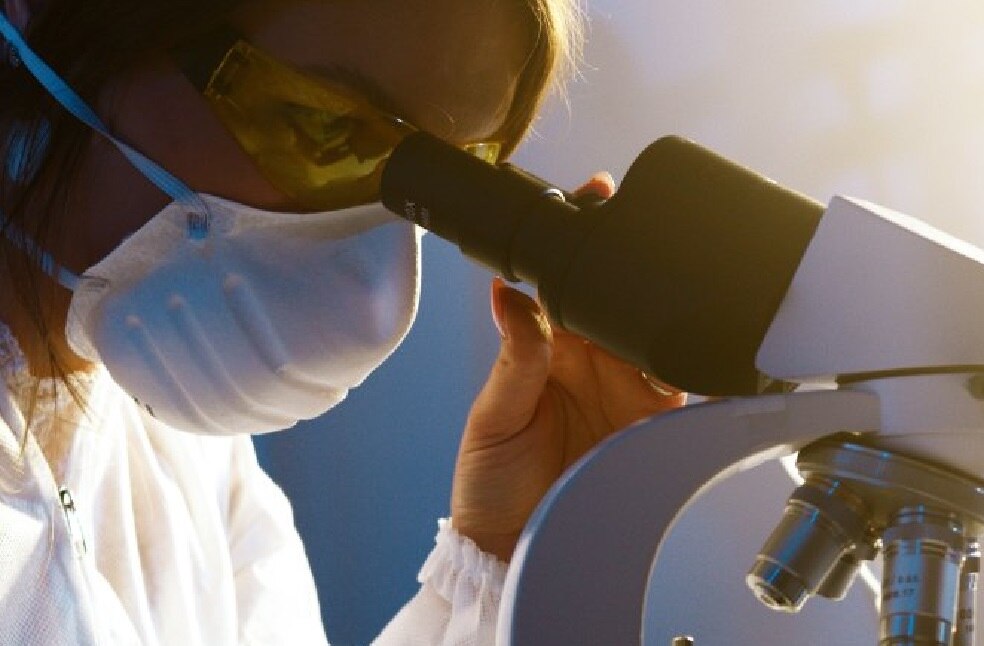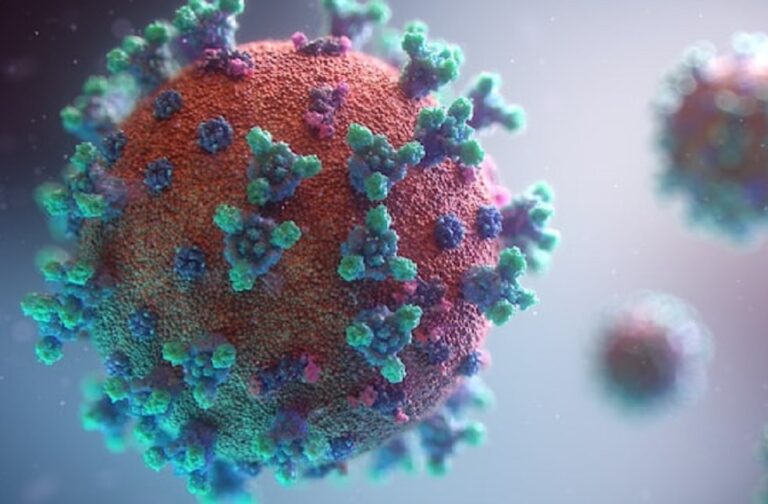United States: In a new study, scientists have found a gene that can help the body fight ‘severe acute respiratory syndrome coronavirus 2’ (SARS-CoV-2) so well that people with it may not have any COVID symptoms at all. HLA genes are responsible for encoding proteins that play a crucial role in the immune system by recognising and differentiating between healthy cells and infected cells within the body.
According to the findings, a minimum of 20 percent of individuals infected with COVID-19 either do not show any symptoms throughout the course of the infection or remain asymptomatic. In a collaborative study between researchers from the US and Australia, it was emphasised that the HLA system, which plays a vital role in one’s immunity and exhibits significant variation among individuals, could potentially possess specific variants that offer enhanced protection or increased vulnerability to COVID-19.
The study published in the journal Nature stated that investigating asymptomatic infections could enhance our comprehension of the immune system’s characteristics that facilitate swift clearance of the virus.

In order to ascertain whether an HLA variation could potentially make certain individuals prone to asymptomatic COVID-19 infection, the researchers enlisted 29,947 participants to partake in a smartphone-based study aimed at monitoring COVID-19 symptoms and outcomes. Each participant underwent DNA sequencing to establish their HLA genetic profile.
Out of the 1,428 unvaccinated individuals who tested positive for SARS-CoV-2 infection, 136 individuals reported no symptoms at all. The study revealed that among those who remained asymptomatic after infection, one in five individuals carried a common variant of HLA known as HLA-B*15:01. People with two copies of this variant were more than eight times more likely to stay asymptomatic compared to individuals carrying other versions of HLA.

In a separate phase of the study, the researchers made a significant observation. Individuals carrying HLA-B*15:01 who had not been previously exposed to SARS-CoV-2 possessed T cells (a type of immune cell) that exhibited reactivity to SARS-CoV-2 protein fragments sharing genetic sequences with other seasonal coronaviruses.
This particular finding indicated that those individuals with HLA-B*15:01 who had prior exposure to common seasonal cold viruses had pre-existing immunity to SARS-CoV-2. As a result, they could rapidly eliminate the virus before any symptoms could manifest.
The researchers attributed this phenomenon to memory T cells from the pre-pandemic individuals, which had acquired immunological memory from past coronaviruses. These memory T cells recognised SARS-CoV-2 due to its striking similarities with those previously encountered coronaviruses, enabling them to swiftly eliminate the virus.



